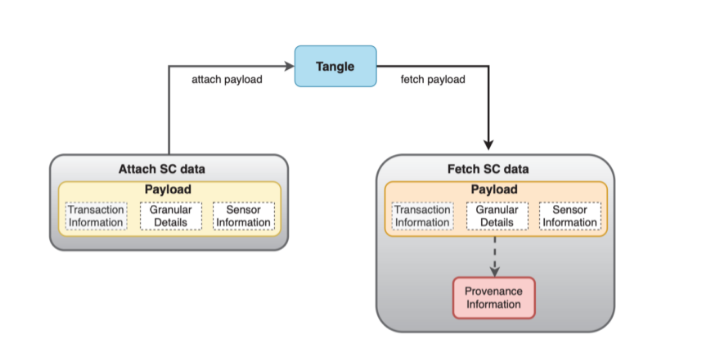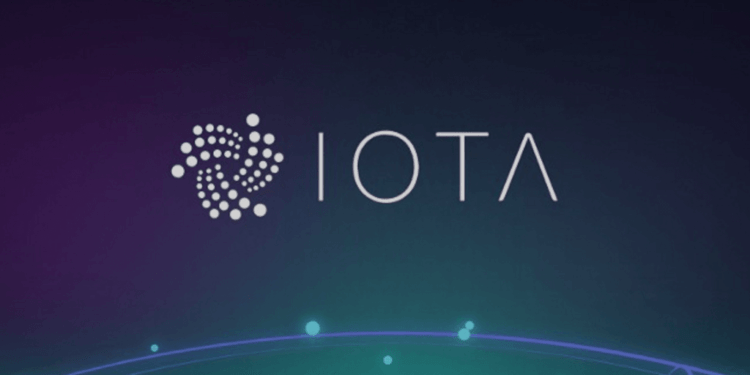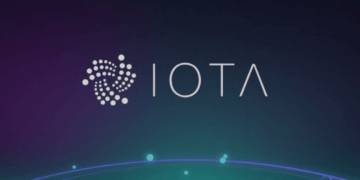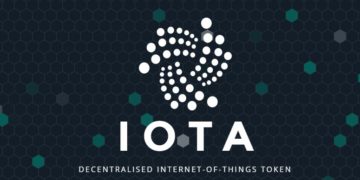A new Korean government-backed research conducted by the Kyung Hee University proposed a solution to fight counterfeiting in the healthcare supply chain by using IOTA as we are about to read in our IOTA news.
The Korean government research proposal aims to use the Distributed Ledger of IOTA and the Masker Authenticated Messaging which will trace and track counterfeiting within the healthcare system using IOTA. The research was funded by the government and it shows that the production process of health care equipment goes through a number of stages that make is susceptible to all environmental factors. The research outlines to major problems related to the supply chains: how to distribute and decentralize the data, manage it and store it and also how to trace each stage of the supply chain to the origin.
Interesting work on how to improve the #healthcare supply chain using #IOTA. A work by an academic team from @kh_univ, supported by the Institute of Information & Communications Technology Planning & Evaluation (IITP) grant funded by the #Korea government. https://t.co/5gUft0dHlV
— IOTA (@iotatoken) August 17, 2020
The research also shows that monitoring, managing, and controlling the healthcare supply chain became important during the spread of the coronavirus pandemic and because of the gaps in the supply chain, the conditions allowed an increase in the production of counterfeit medical devices. The proposed solution aims to ensure reliability within the system. The researchers used IOTA’s DLT as a solution to try and solve the challenges. The researchers also used the Masked Authenticated Messaging protocol to facilitate confidentiality, accessibility, and integrity:
“Firstly, to facilitate medical materials supply chain tracking, we introduce a provenance-based solution. Secondly, we adopt a DAG -structured blockchain called IOTA for distributed data storage (…). Thirdly, we use the Masked Authentication Mess.”

The model of the IOTA-based solution will use usual participants in a supply chain including raw material suppliers, logistics, and others. To monitor the medical devices, the researchers used a sensor that can be placed on them and they will provide relevant data along the supply chain:
“To attach data to the Tangle, a data publisher (…) publishes the data (…) on its channel. We assume that sensors are attached to medical equipment or batch/package and are responsible for monitoring both location related and environment related information. Considering the fact that data (…) is vulnerable to attacks (…), therefore, we employ MAM protocol to enforce data confidentiality, data integrity, and restricted data accessibility.”
The researchers carried out simulations of the solution using a DHT-11 sensor with the Pi 3B Raspberry to record environmental conditions. They noted that IOTA satisfied limitations that other blockchains have such as the stability:
“In the future, we are planning to extend our provenance based solution to solve the other challenging issues in the. supply chain, for instance, cross-border payments and energy-efficient strategies for resource-constrained IoT.”
DC Forecasts is a leader in many crypto news categories, striving for the highest journalistic standards and abiding by a strict set of editorial policies. If you are interested to offer your expertise or contribute to our news website, feel free to contact us at [email protected]





















Discussion about this post